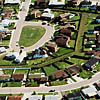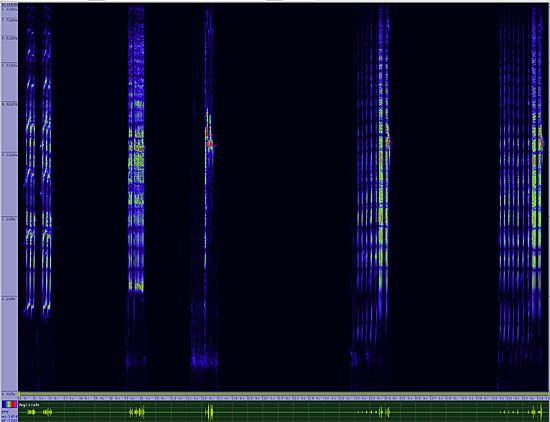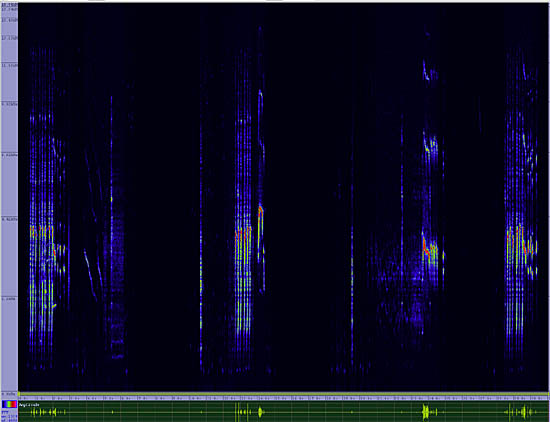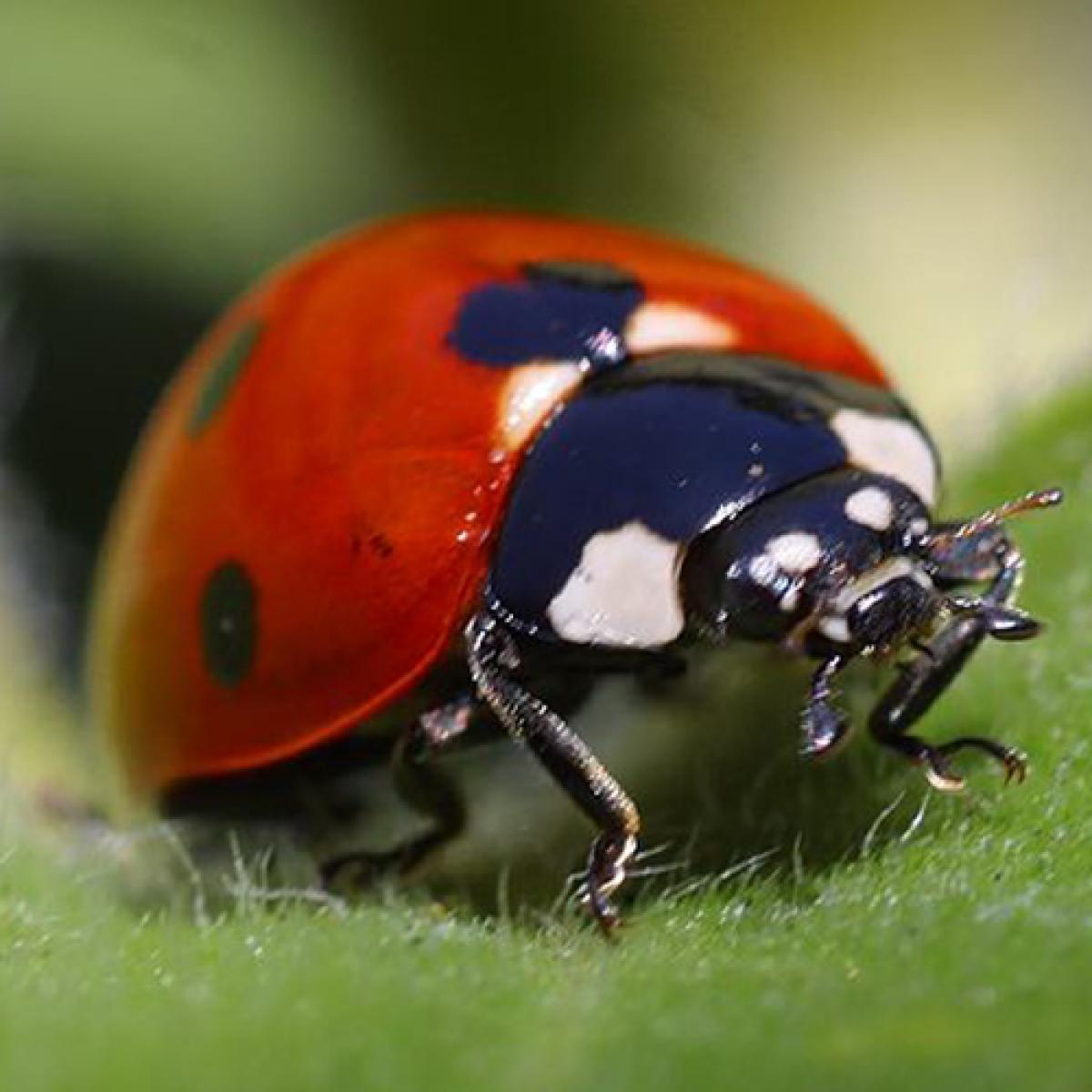Great-tailed Grackle
Quiscalus mexicanus

Perching
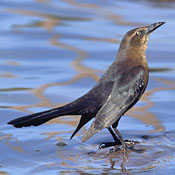
Length: 18 in. (46 cm )
Always associated with moist areas, this grackle has taken advantage of human water use, such as canals, golf courses and reservoirs, to dramatically spread its geographical range in the last 25 years. It is abundant in suburbs and city centers, and during the winter, it forms immense flocks that roost together in the same few trees every night. It feeds on the ground on insects, aquatic invertebrates, fruit, grain and often robs other birds\ nests of their eggs and young. The Great-tailed Grackle twig nests are concentrated in loose colonies of thousands in trees near water.'
The four-digit banding code is GTGR.
Bibliographic details:
- Article: Great-tailed Grackle
- Author(s): Dr. Biology
- Publisher: Arizona State University School of Life Sciences Ask A Biologist
- Site name: ASU - Ask A Biologist
- Date published: 13 Jul, 2017
- Date accessed:
- Link: https://askabiologist.asu.edu/activities/bird/great-tailed-grackle
APA Style
Dr. Biology. (Thu, 07/13/2017 - 15:37). Great-tailed Grackle. ASU - Ask A Biologist. Retrieved from https://askabiologist.asu.edu/activities/bird/great-tailed-grackle
Chicago Manual of Style
Dr. Biology. "Great-tailed Grackle". ASU - Ask A Biologist. 13 Jul 2017. https://askabiologist.asu.edu/activities/bird/great-tailed-grackle
Dr. Biology. "Great-tailed Grackle". ASU - Ask A Biologist. 13 Jul 2017. ASU - Ask A Biologist, Web. https://askabiologist.asu.edu/activities/bird/great-tailed-grackle
MLA 2017 Style
Be Part of
Ask A Biologist
By volunteering, or simply sending us feedback on the site. Scientists, teachers, writers, illustrators, and translators are all important to the program. If you are interested in helping with the website we have a Volunteers page to get the process started.





